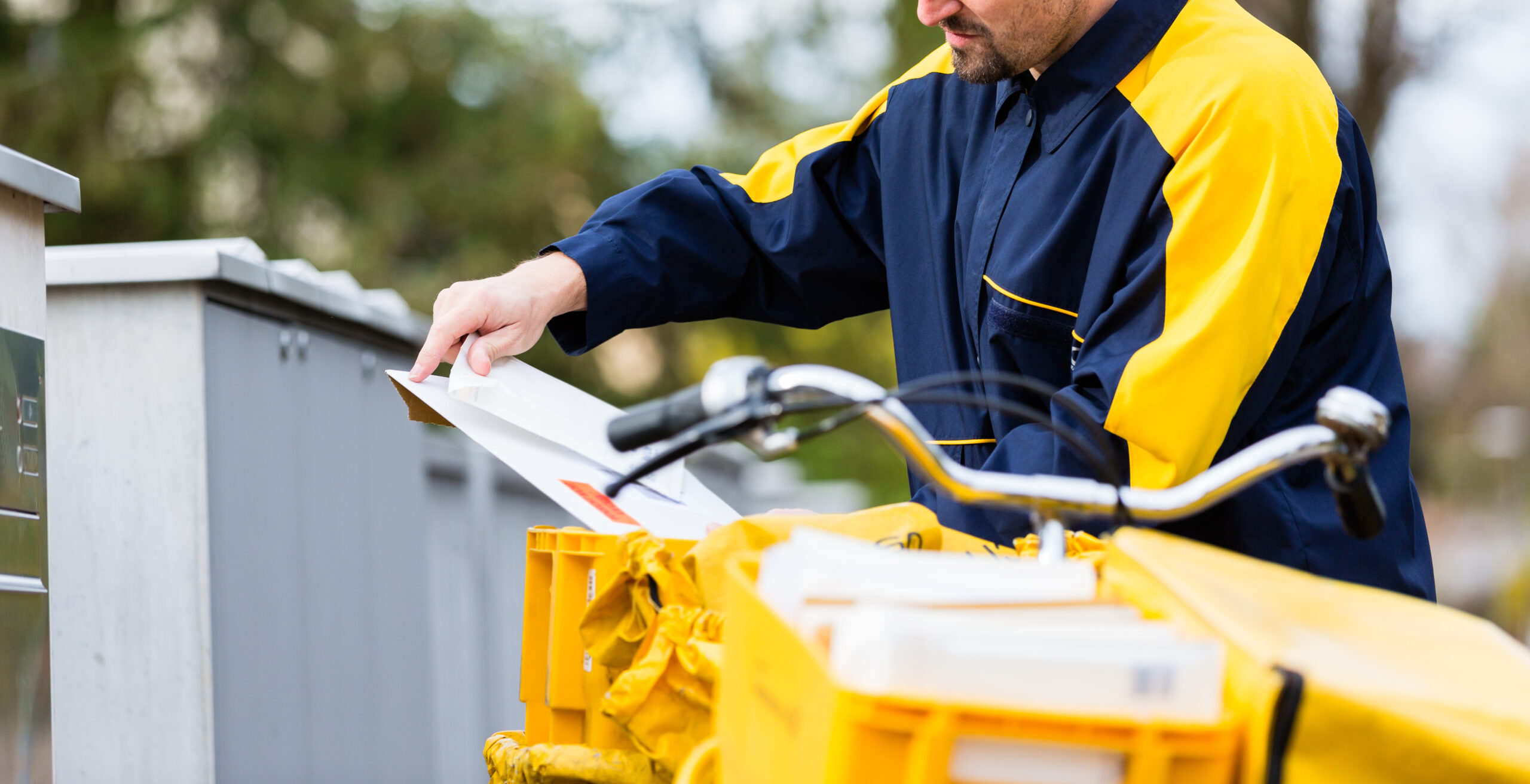Question
„Am éischte Quartal vun dësem Joer ass de Bréifverkéier bei der däitscher Post ëm 6,6% zréckgaang. D’Verschécke vu Päck ass dogéint ëm 4,4% geklomm. Dës Entwécklung erkläert sech haaptsächlech duerch de Prozess vun der Digitaliséierung.
An deem Kader wollte mir dem Här Minister fir d’Ekonomie, Mëttelstand, Energie an Tourismus follgend Froe stellen:
1. Wéi huet sech de Bréifverkéier hei am Land zanter 2020 entwéckelt? 2. Huet den Här Minister och Informatiounen iwwer d’Entwécklung vun der Unzuel u Päck?
3. Wéi vill verschidde Firme sinn hei zu Lëtzebuerg am Bréif- a Päckgeschäft aktiv? Wat sinn hir respektiv Maartundeeler?






